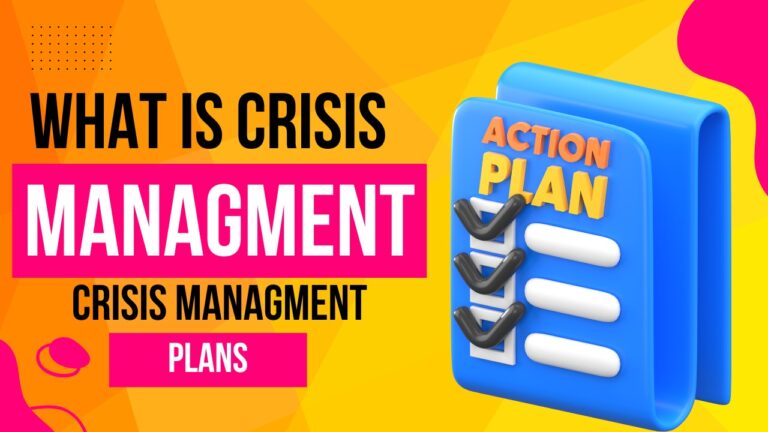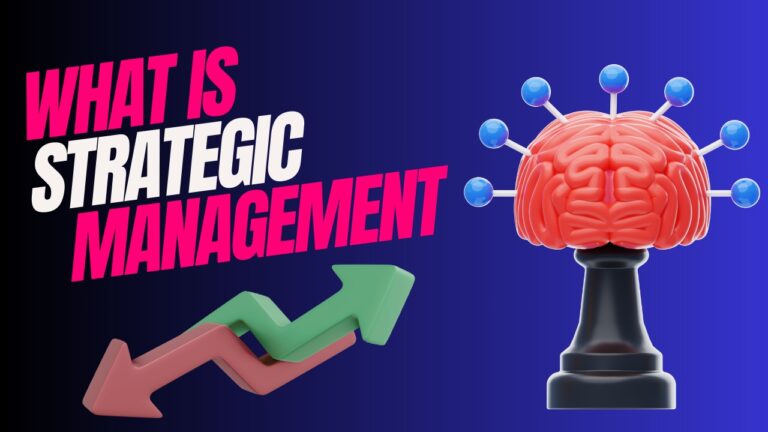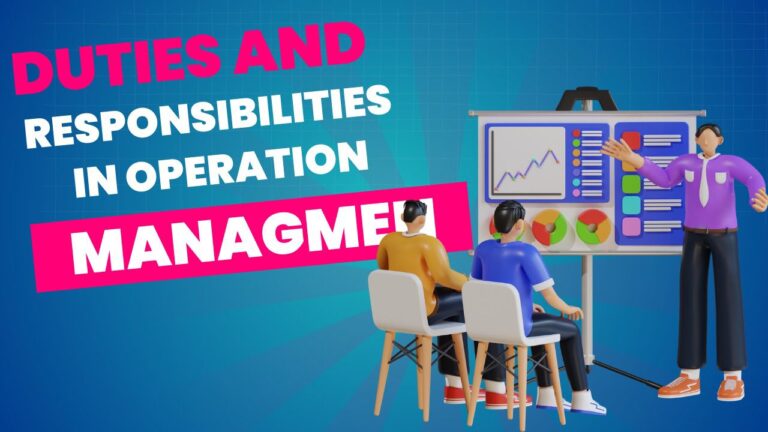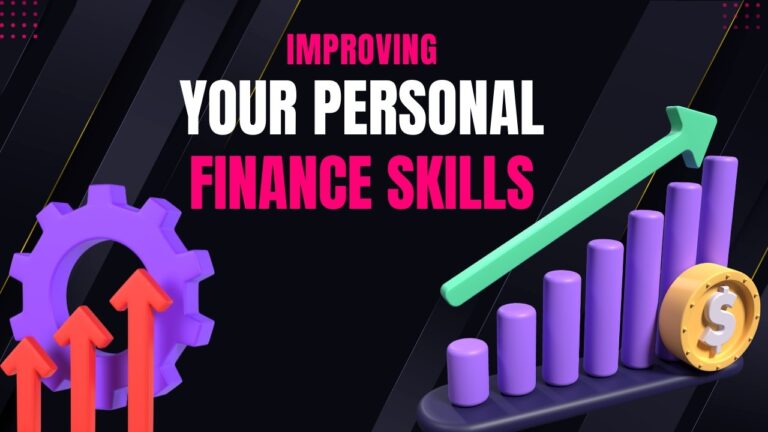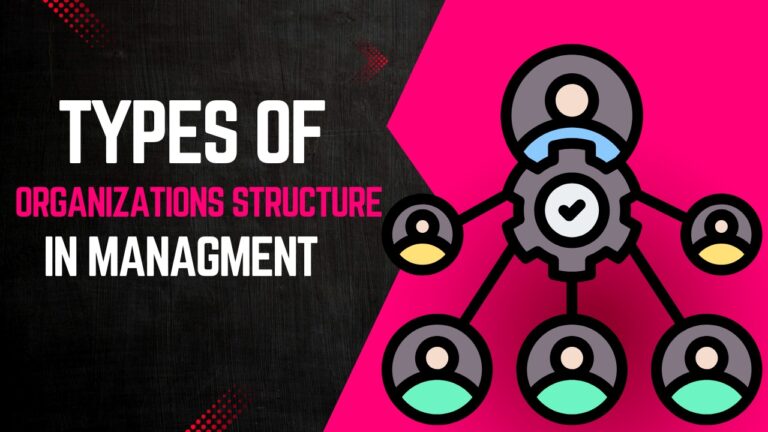5 Steps to Becoming a Financially Proficient Financial Manager
Managing personal finances is an essential skill for anyone who wants to live a financially stable and sustainable life. Financially successful people are those who are able to understand their financial situation, make sound decisions, and continually improve their financial situation. If you want to become a financial professional, there are several important steps to take. Here, I will outline five steps to becoming a financial professional.
- Understanding Your Financial Situation
The first step to becoming a financial professional is to honestly assess your current financial situation. This involves knowing your total income, expenses, and any outstanding debts you have. You should create a detailed list of where your money comes from and where it goes each month. For example:
Your income: Your salary, business, or other sources of income.
Your expenses: Bills, food, transportation, and entertainment.
Debt: Home loan, car loan, or credit cards.
Once you assess your situation, you will be able to understand where you are and where you need to make changes to improve your finances.
- Set Clear Financial Goals
Clear financial goals are important for anyone who wants to manage their finances professionally. These goals should be short-term, medium-term, and long-term. For example:
Short-term goals: Save money for emergencies such as home or car repairs.
Medium-term goals: Save money to travel or buy something important, such as new appliances for your home. Long-term goals: Save for retirement, buying a house, or investing in a business.
Goals should be measurable, achievable, and time-bound. Once you set a goal, you should also have a clear plan for how you will achieve it.
- Creating a Solid Budget
A budget is an important tool that helps you manage your finances effectively. A good budget allows you to clearly prioritize your expenses, and focus on the important things. For example:
Allocate a certain percentage of your income to essential expenses such as rent, food, and health.
Set aside money in savings for emergencies and your future goals.
Limit non-essential expenses such as entertainment or luxuries.
Your budget should be flexible, to help you adapt to unexpected financial situations.
- Developing Financial Literacy
Financial literacy is one of the most important keys to becoming a skilled financial manager. You should constantly learn how to manage your finances and how the financial markets work. You can do:
Read books on financial management and investing.
Attend trainings and online courses on finance.
Consult with financial experts to understand investment opportunities and associated risks.
Developing your knowledge will enable you to make the most of the financial opportunities that arise.
- Investing and Wealth Creation
Investing is an important way to grow your finances and achieve long-term financial goals. However, it is important to do careful research before you start investing. Examples of investments are:
Buy stocks or bonds in the financial markets.
Invest in real estate such as houses or land.
Open your own business that generates profits.
Successful investing requires patience, planning, and monitoring the market. It is important to invest money that you can afford to lose, so that the risks are limited.
Becoming a financial expert is a journey that requires effort, planning, and growing knowledge. Once you have a good understanding of your financial situation and set clear goals, you will be able to move in the direction of financial success. A solid budget, consistent financial knowledge, and wise investments will be your most important tools that can help you achieve a sustainable financial life.

